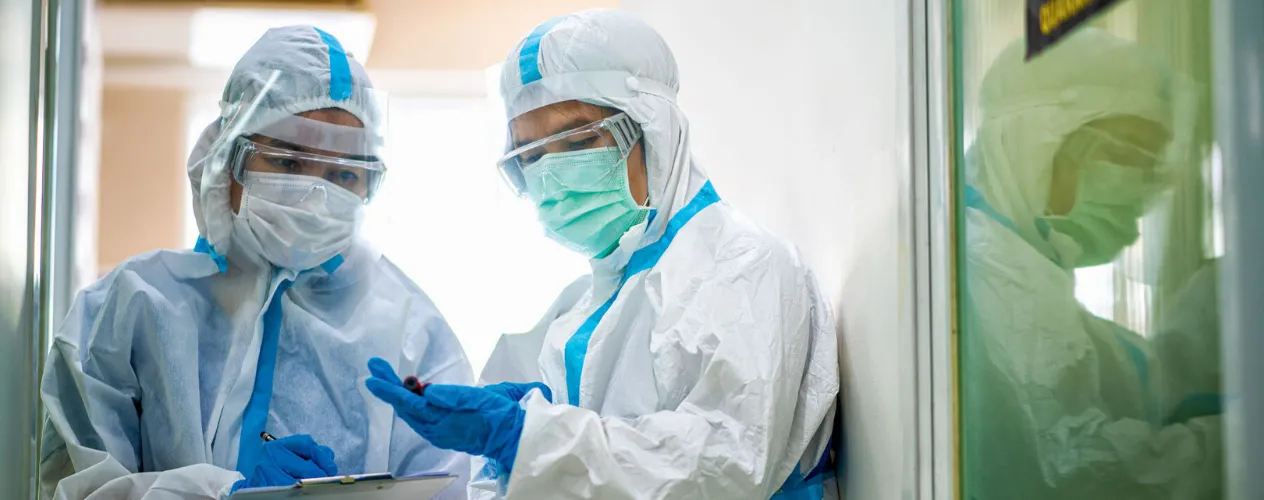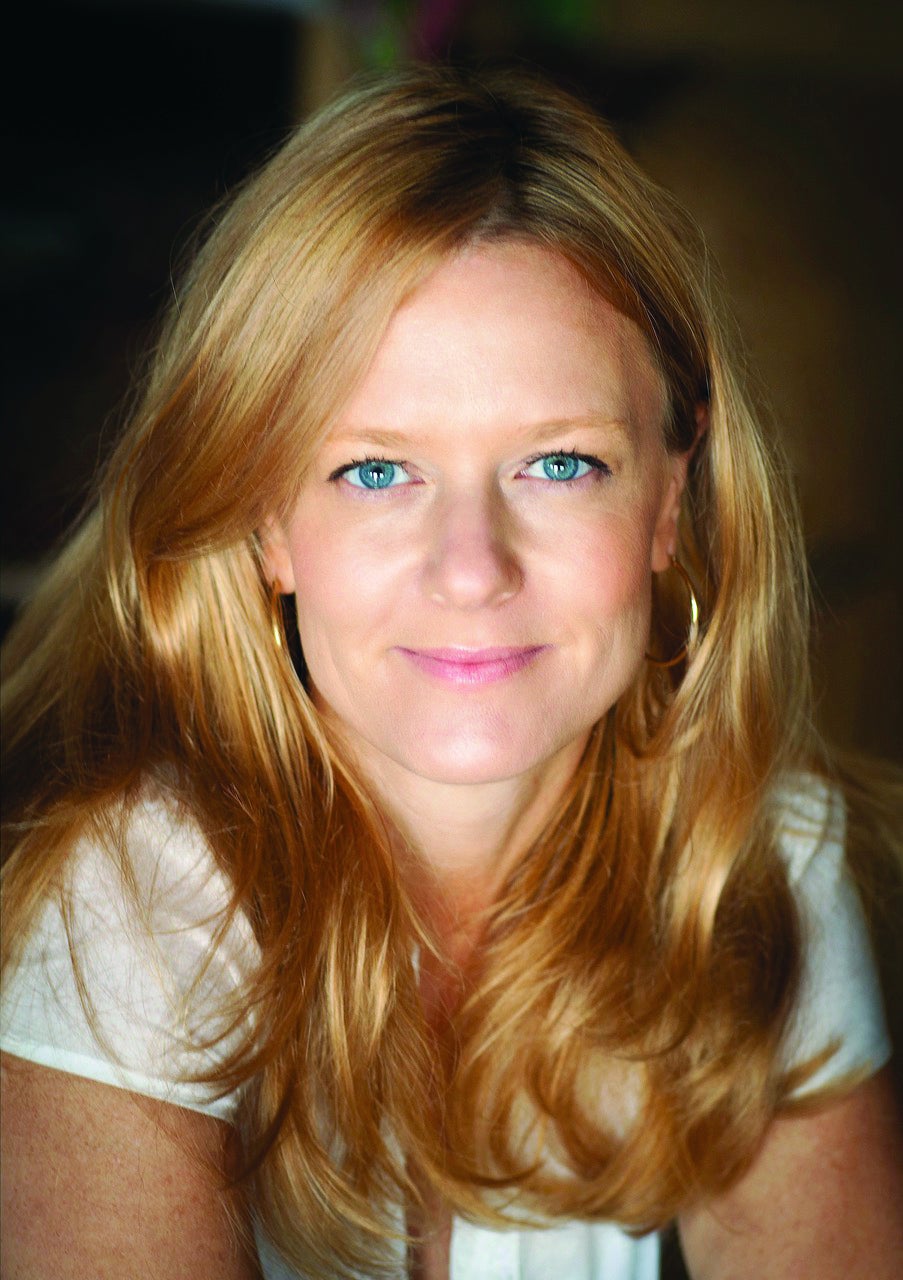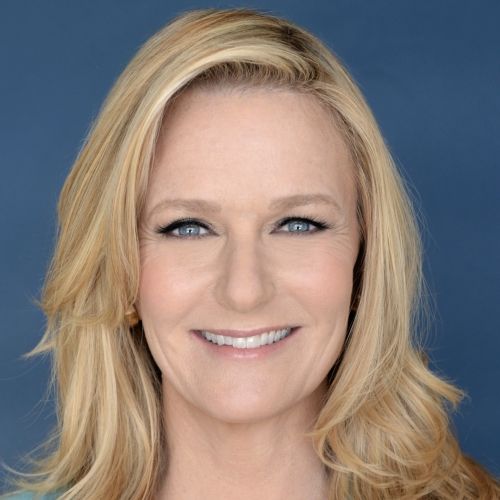Meeting the Moment
FSPH infectious disease expert Anne Rimoin has responded to COVID-19 by actively engaging with the news media and public officials, and launching a study that could produce critical insights.

IN LATE DECEMBER of last year, Fielding School epidemiology professor Anne Rimoin was planning one of her regular trips to the Democratic Republic of the Congo (DRC). An internationally recognized expert in emerging infectious diseases, Rimoin founded the UCLA-DRC Health Research and Training Program 16 years ago as a collaboration with government and university partners to build the local capacity to conduct high-impact infectious disease research in low-resource, logistically complex settings.

Then, in early January, Rimoin began reading about an emerging disease in Wuhan, China, that would upend her plans. As COVID-19 grew from a local public health emergency to a global pandemic, Rimoin found herself in heavy demand, sharing her expertise as a staple on major television news programs and in numerous print and radio outlets. Local officials sought her counsel, including members of the Los Angeles City Health Commission, where she presented in March, and Los Angeles Mayor Eric Garcetti, with whom Rimoin collaborated on a public service announcement for Angelenos.
But Rimoin’s most profound impact is likely to come from her role in conceiving an initiative to test and track the exposure of health care workers and first responders to COVID-19. The COVID-19 Rapid Response Initiative is conducting monthly serologic screening of the health care workers and firefighters who have enrolled in the study, as well as biweekly testing for asymptomatic or pre-symptomatic infection. The study is headed by Rimoin and Dr. Grace Aldrovandi of the David Geffen School of Medicine at UCLA (DGSOM), and includes a multidisciplinary team of researchers from both FSPH and DGSOM.
Health care workers are especially vulnerable during rapidly evolving pandemics, with reported infection rates as high as 20% in some countries — a level that would cripple the health care system in Los Angeles. “How can we expect our health workforce to be protecting us if we’re not doing everything that we can to protect them?” Rimoin says. “This is the best way we can understand how to keep our health system functioning, and be able to allay the fears of health care workers, who are putting their lives on the line every day.”
Dr. Ashley Gray, a pediatric hematology fellow at Ronald Reagan UCLA Medical Center’s Mattel Children’s Hospital who is enrolled in the study, is one of those health care workers. “Peace of mind is something a lot of us would like to have right now and many of us struggle with on a daily basis,” she says.
Beyond protecting those on the front lines of the pandemic response, the study could produce invaluable insights on key issues such as why many people are infected but don’t experience symptoms, whether people can become infected more than once, whether the presence of antibodies in a person’s system confers immunity, and, if so, how long such immunity lasts. “It’s really important that we better understand asymptomatic infection and immunity, and health care workers and first responders are populations that are likely to be highly exposed to people with COVID-19,” Rimoin explains. “Health care workers are often impacted by infectious disease, and COVID-19 is a prime example.”
The COVID-19 Rapid Response Initiative has received substantial support from philanthropists and city officials alike (for more on the philanthropic support, see page 38). In April, the Los Angeles City Council voted unanimously in support of a motion that could lead to financial support for the study from the city.
“The ability to be nimble in doing research early in a pandemic is critical,” Rimoin says. “I am excited to have this opportunity to apply my skill set, and to work with this incredible team of researchers, to obtain data that can help to guide evidence-based public health policies in the months and years ahead.”
As Rimoin and her colleagues have embarked on the research, Rimoin has continued to make time to share her expertise with the public by way of the media — she has been quoted and/ or her expertise referenced in more than 2,000 media stories. “As academics, we often underestimate the importance of communicating information to the public through the media, but that can make a big difference — particularly during this pandemic, when it’s so critical for people to have accurate information that they can act on to protect their health and the health of the larger community,” Rimoin says. “With that in mind, I have tried to use a variety of media platforms to explain what COVID-19 is and how to mitigate risk.”
Having spent much of her career partnering with government and academic leaders in the DRC to build the public health infrastructure needed to respond to emerging infectious diseases, Rimoin believes the United States’ COVID-19 experience has underscored the perils of declining public health funding in this country.
“The big lesson that we should take away from this pandemic is that we can’t wait for an emergency to invest in public health,” she says. “We have lacked a national strategy, we have been behind on vaccines and therapeutics, and testing has been hard to lift up, all as a result of a long period of insufficient funding for the public health and scientific research infrastructure. Hopefully we have learned that it really is about an ounce of prevention being worth a pound of cure—that we need to invest during the times when it seems like infectious diseases aren’t important, so that we’re ready when something like this hits.”
Faculty Referenced by this Article

Dr. Anne Rimoin is a Professor of Epidemiology and holds the Gordon–Levin Endowed Chair in Infectious Diseases and Public Health.